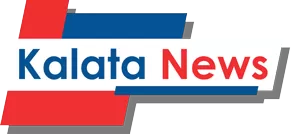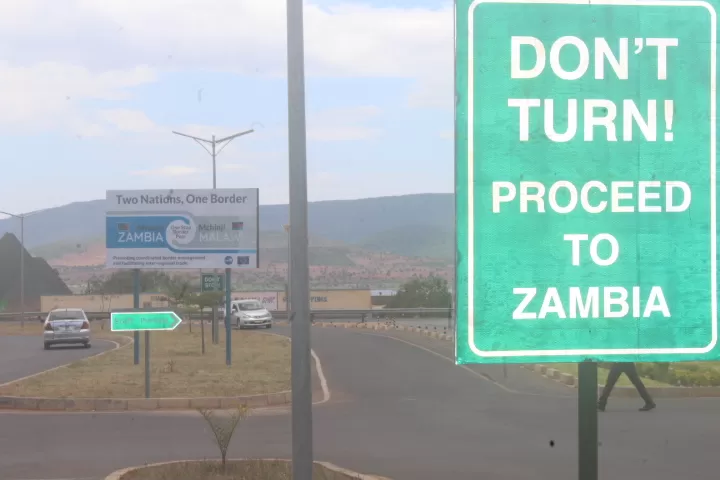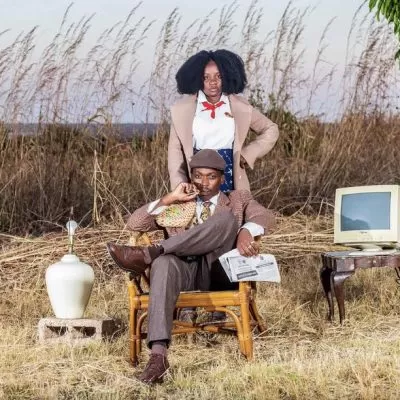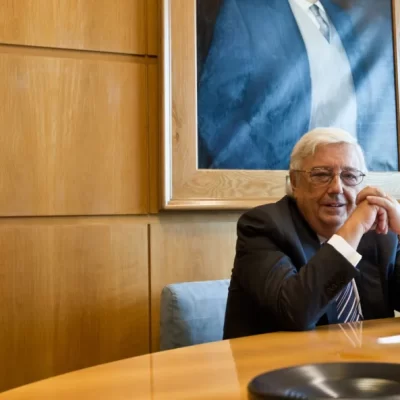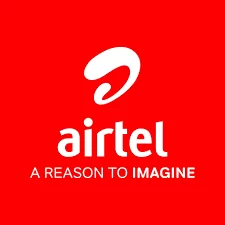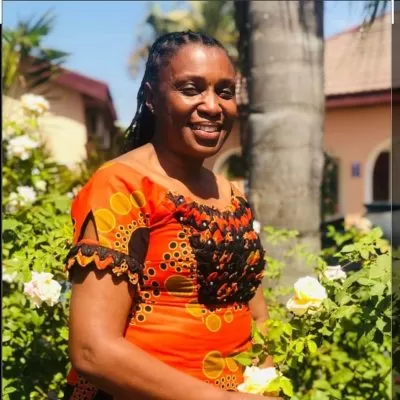By Nsama Chikwanka,
LUSAKA, 5/02/24 – The Land Is Ours But.
A few minutes after securing myself in the aircraft seat, the intercom buzzed, ‘this is captain Mwila Mumbi and the co-pilot Zindaba Zimba (not real names) flying you to Johannesburg, flying time is . . . I could not recall the rest of the announcement because my mind enjoyed the feeling that came with the experience of being flown by an all-Zambian crew. At least, the airline was Zambian registered and the crew was all-local. I pensively went through some of the reasons citizens from resource rich nations do not own and operate airlines. Before I could complete, my attention was turned to why I was on this flight: to attend the 15th Alternative Mining Indaba (aka AMI).
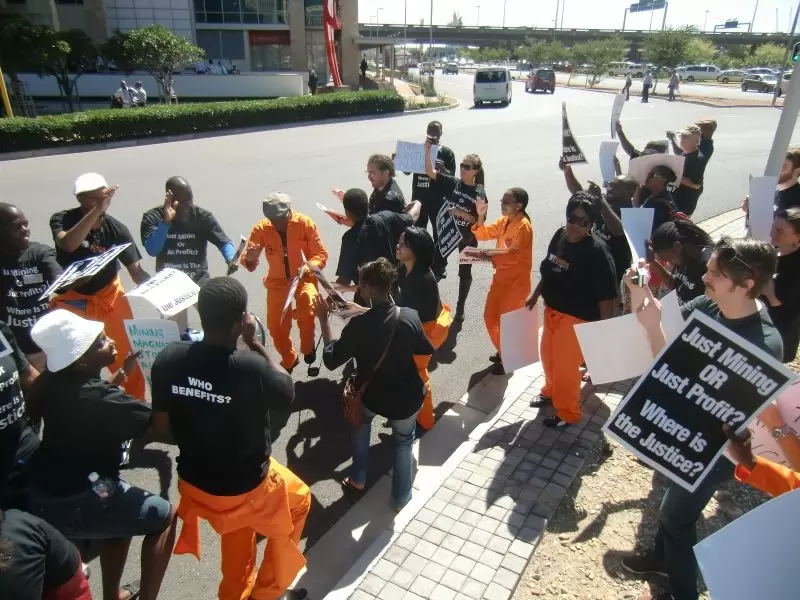
It is called ‘alternative’ because since 1994, the captains of the mining industry, financiers and governments have been meeting at Cape Town’s International Convention Centre (CTICC) for the Mining Indaba (MI). Many of the mining investment decisions made in the last three decades can be traced to this very high-profile event. Consequently, because mining has not positively impacted poverty levels in Africa, faith leaders and others from civil society, and trade unions in 2009 also decided to create an alternative space. it was a space for reflections that would lead to ending the deleterious effects of extractives on human life and the environment.
I was quickly reminded of the book “The Land is Ours: Black Lawyers and the Birth of Constitutionalism in South Africa” in which Tembeka Ngcukatobi reflects on how a group of lawyers in South Africa acted in a manner that many say contributed to the concept of the Bill of Rights. During the AMIs, the civil society leaders punctuate almost each of their statements with, ‘the land is ours but’ as they narrate how mining negatively impacts people’s lives. Despite being 15 years behind, the people’s forum meets in Cape Town, and repeatedly affirm, in stark contrast with our realities, that the minerals and other natural resources are ours.
Despite being the people’s space, not a single politician at the level of Head of State has prioritised the AMI and yet they all attend the MI. Regardless, the organisers believe that Africa’s mineral wealth will soon work for the people. To localise regional discussions, AMIs are now held at national and subnational levels in Zambia, Mozambique, Zimbabwe, the DRC, Botswana and Namibia etc. This resolve is even stronger in the wake of the energy transition. Strong institutions are required. The continent must pace up if it is to avoid being more impoverished. The CSOs too must work together more, be clearer, equipped and forge strategic partnerships.
Themed “Energy Transition Minerals: Putting Communities First for an Inclusive Feminist Future”, the 2024 edition should suggest how livelihoods will be sustained without sinking women and children into more poverty. The transition minerals can transform society and ensure Africa’s resources can be ours too, not just the land.
According to the Economic Justice Network (EJN), the 2024 Alternative Mining Indaba is emerging out of 2023 Alternative Mining Indaba (AMI2023) under the theme “A just energy transition: Unlocking Community Potential and Participation”, the forum reiterated the resolve that “people first, not profits”. The AMI2024 is anticipated to accelerate this call, with a positive response to the question of inclusivity and firmly place the feminist agenda within the progressive discourse.
A steadfast commitment to a true human-centred society with fundamental traditions of sharing. Civil Society Organisations (CSOs) committed themselves to action, and to more solution-oriented strategies in transforming the structural inequalities characterising extractive industry on the African continent. The AMI2023 called for resolute action against the structural gender imbalances and the skewed gender relations inherent in mining economies.
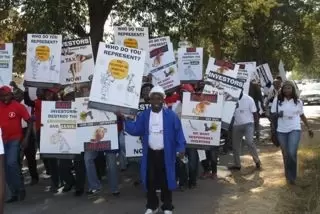
The 2024 AMI which will be held in Cape Town, South Africa at Upper East Side Hotel from 5th to 8th February, will seek to achieve the following specific objectives
- Fostering Inclusive Dialogue:Create a safe and inclusive space for diverse stakeholders, including mining-affected communities, activists, faith leaders, civil society, and social justice practitioners, to engage in meaningful dialogues, critiques, and analyses of their interactions with the extractive industries. Encourage discussions that lead to the development of concrete strategies for a just and inclusive mining sector.
- Promote Feminist Principles:We aim to elevate feminist perspectives throughout the conference, emphasising the significance of gender equality, inclusivity, and intersectionality in the African mining discourse. By weaving feminist principles into our discussions, we intend to challenge and reshape the traditional narratives and norms that have often marginalised not only women but everyone. This objective calls for critical self-reflection and the recognition that gender equality is not only a matter of ethics but also a catalyst for improved decision-making, sustainable practices, and equitable development within the mining industry. It seeks to foster a deeper understanding of the specific challenges women face in mining-affected communities, acknowledging that a feminist lens is essential for creating lasting change.
- Empowerment through Knowledge:Equip communities and non-state actors with essential tools and knowledge related to the mining sector, the just green energy transition, and feminist perspectives. Offer capacity-building workshops and information-sharing sessions that empower participants to make informed decisions and advocate for their rights within the sector.
- Strengthening Solidarity:Promote a people-centred and environmentally sustainable approach to the just energy transition. Strengthen the collective call for solidarity among participants, emphasising the importance of aligning efforts and perspectives to amplify a unified voice advocating for transformative change. Encourage networking and collaboration among diverse stakeholders.
